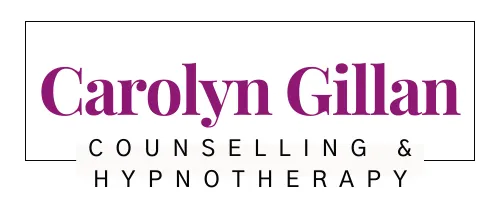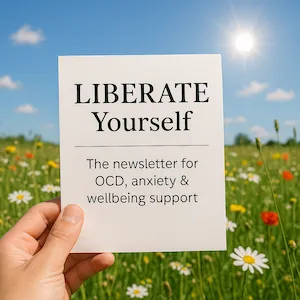
Hypnotherapy for Insomnia: Natural Sleep Support
Have you been struggling with insomnia? If so, you’re not alone. It’s estimated that around 30% of adults suffer with poor sleep. If you’ve had difficulty sleeping for a while, the chances are that like most of my clients you’ve tried everything else to improve your sleep and now you’re considering hypnotherapy. The good news is hypnotherapy may help you too.
How does hypnotherapy help insomnia?
Hypnotherapy for insomnia aims to help you improve your sleep by helping you:
learn how to relax,
change the way you respond to stressful situations
manage your anxious thoughts
prepare your body for sleep
I offer hypnotherapy for insomnia in Plymouth and online.
What is insomnia?
Insomnia is when you have difficulty getting to sleep or staying asleep. It leaves you feeling tired, moody and struggling to concentrate during the day. Insomnia can effect people for short periods of just a few nights or for much longer periods of months or even years.
What is the effect of insomnia or lack of sleep?
Insomnia prevents you from getting enough good quality sleep. This can really make you feel miserable and have an impact on your thinking ability, your physical and emotional health and lead to problems in your relationships too. Regular lack of sleep due to late nights or shift work, for example, may have a similar effect.
If you’re suffering with insomnia or lack of sleep you may be familiar with some of these symptoms: grogginess, irritability, lack of concentration, difficulty making decisions, forgetfulness, being irrational and overly emotional.
Insomnia and lack of sleep have also been linked to several health problems. Two studies linking sleep duration and depression published by the American Academy of Sleep Medicine in the journal Sleep in February 2014, suggest that sleeping six hours or less each night may increase the risk of depression. Some disorders that effect sleep, e.g. sleep apnoea, have also been linked to stress and high blood pressure. Several studies also indicate a link between lack of sleep with diabetes and obesity.
What causes insomnia?
Insomnia can be triggered by many different things but sometimes there may be no obvious reason. Causes of insomnia can include:
stress and worry
poor sleep habits – such as staying up too late, napping during the day, not relaxing before bedtime
poor sleeping environment – bedroom that is too hot, cold, noisy, bright, etc
caffeine, alcohol, nicotine, drugs
depression or bipolar disorder
anxiety disorders, such as generalised anxiety, panic disorder or post traumatic stress disorder
underlying health conditions, such as chronic obstructive pulmonary disorder (COPD), asthma, angina, parkinson’s disease, arthritis, snoring, sleep apnoea, persistent pain
certain medications which can cause insomnia as a side-effect
Why do we sleep?
Sleep is essential and normal. No one quite understands exactly why we sleep but scientists believe that sleep helps with learning and memory and plays a role in muscle growth, tissue repair, protein synthesis and growth hormone release.
What happens when we sleep?
A normal sleep pattern is divided into Non-REM and REM (Rapid Eye Movement) sleep. A full sleep cycle usually lasts around 90 – 110 minutes and is repeated about 3 – 5 times throughout the night. Most of our Non-REM sleep comes during the first half of the night with the length of REM sleep increasing in the second half. Problems, such as those mentioned above, can occur when this sleep cycle is shortened or disrupted, or when the balance of Non-REM and REM gets out of kilter.
Non-REM sleep
Non-REM sleep consists of four stages and averages around 4 – 7 hours of our sleep each night:
Stage 1 – a light sleep where you can be awakened easily, eyes move about and muscles can jerk.
Stage 2 – eye movements stop, breathing, heart rate and brain waves all slow down. We spend nearly 50% of our sleep in this stage.
Stage 3 – muscle activity stops, brain waves become even slower with a few quicker ones interspersed.
Stage 4 – brain waves are almost all slow (known as delta waves).
REM sleep
REM sleep usually makes up 90 – 120 minutes of our sleep each night. It’s when most of our vivid dreams occur. Our eyes dart about, heart rate and blood pressure rises and our breathing becomes shallow, quick and irregular. Our muscles become temporarily paralysed (which is thought to stop us acting out our dreams) and brain waves appear to be as active as when we’re awake. REM is thought to play a part in learning and memories.
In a typical sleep cycle, the first REM pattern lasts about 10 minutes but by the end of the night REM sleep increases to 30 – 40 minutes. About 20% of adult sleep consists of REM but this decreases as we get older.
Interested in hypnotherapy for insomnia?
If you’re looking for a hypnotherapist in Plymouth or online to help you with insomnia, please get in touch.


